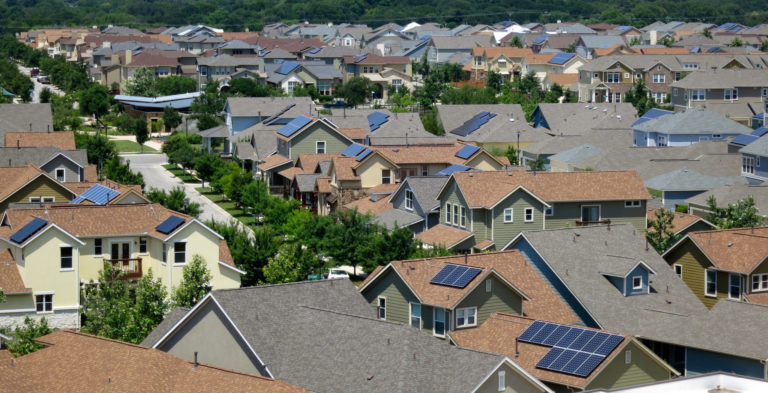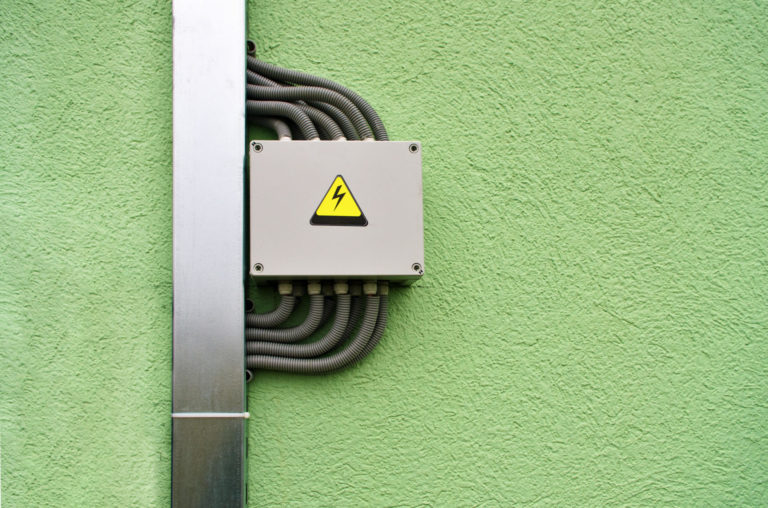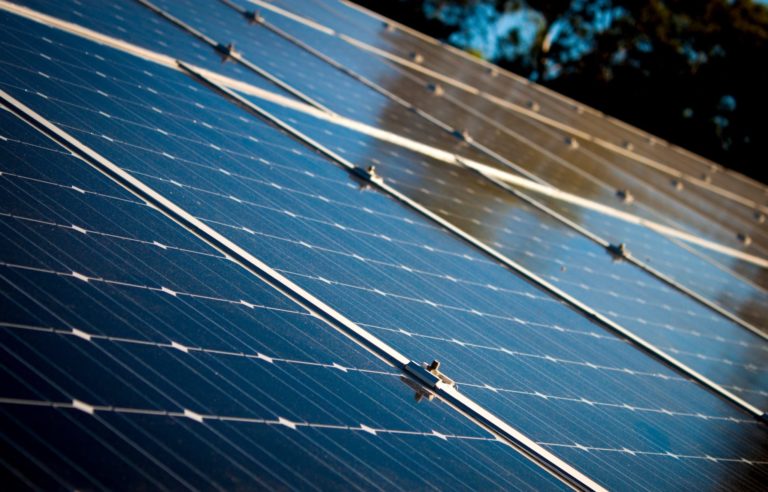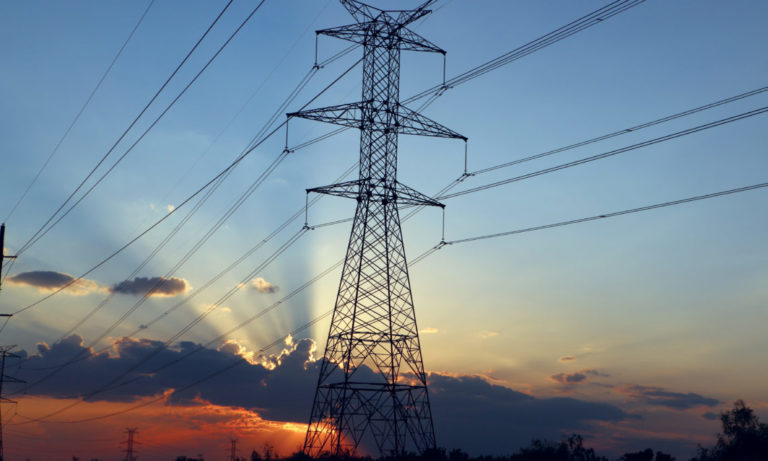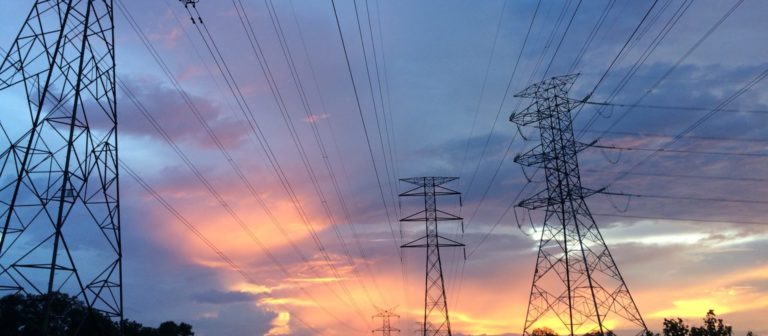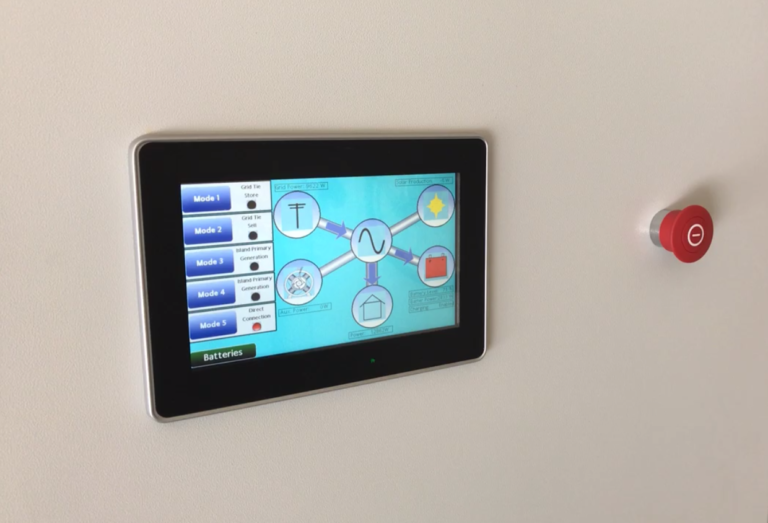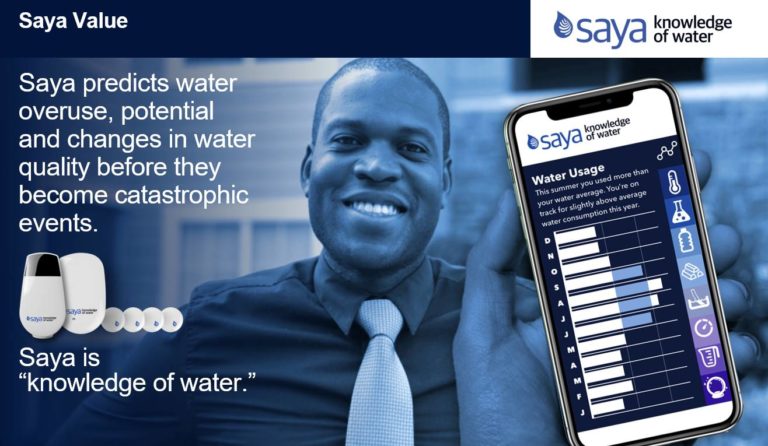October 26, 2020
 By Suzanne Russo, CEO, Pecan Street
By Suzanne Russo, CEO, Pecan Street
It’s 1 A.M, and I can’t sleep.
For the first time in my life, I had the thought the other day that we might not emerge from the climate crisis as a better species – with more ingenuity, more compassion, more equality. We might not emerge from it at all.
We are now, undoubtedly, living in the climate crisis. It is upon us. We must now mitigate while adapting.
Are you depressed yet? Stick with me; we can get through this together.
Our relationship with this earth, and often with each other and other species, is very complicated. We and our problems are more connected than many of us realize.
Data, that boring 4-letter word, holds the power to identify the ties that bind our wicked problems and offers a chance to solve them with singular solutions.
Air, Race and Energy
Air quality emerged as a leading indicator of a person’s likelihood of a severe or fatal COVID infection.
Racial injustice is an inescapable and undeniable crisis. Thanks to our country’s history of redlining, if you’re black or LatinX, you’re still much more likely to live in or near an industrial area. That means you’re much more likely to live near polluting power plants, carcinogenic petrochemical refineries, highways, or industrial yards that poison our air.
What do these problems have to do with climate change? They can all be improved by economy-wide electrification with renewable energy.
Food, Soil & Carbon Drawdown
Billions of people around the world lack access to nutritious, affordable food. With a growing population and destabilized climate, starvation and malnutrition are poised to explode into on-going global catastrophes. Meanwhile, the economics of farming in America are broken. Farmers have one of the highest suicide rates of any profession.
To prevent our world from actually turning into a dystopian novel, we now know we can’t just reduce or eliminate carbon, we have to REMOVE it from the atmosphere.
What do food and carbon removal have in common? They can be solved with regenerative agriculture and financing mechanisms that compensate farmers for environmental services.
Investing in farmers, in healthy soils and healthy animals, in our rural communities. This is a win-win-win-win-to-infinity. We can generate an economic revitalization across the Heartland while drawing down billions of tons of CO2.
Wicked Solutions
For over a decade, Pecan Street has focused on harnessing the power of data and innovation to accelerate the development of climate solutions. In reflection of the tipping point at which we now find ourselves, where we no longer have the luxury of patiently solving one problem at a time, Pecan Street is adopting a Wicked Solutions approach to all our work. We can’t solve all of our problems independently – we don’t have time. And science tells us we don’t have to. We will apply our unique capabilities to identify and prioritize the wicked problems that sit at the nexus of climate change mitigation and adaptation and focus our effort toward developing wicked solutions.
Over the next few months, we’ll be launching a series of Wicked Solutions programs and announcing some very exciting partnerships that will help us scale up this work in a big way.
Thank you for your support and for all that you’re doing to help make this world better and safer. If you want to know how you can do more to help us create wicked solutions, reach out to us. We’ve got some ideas for you.









